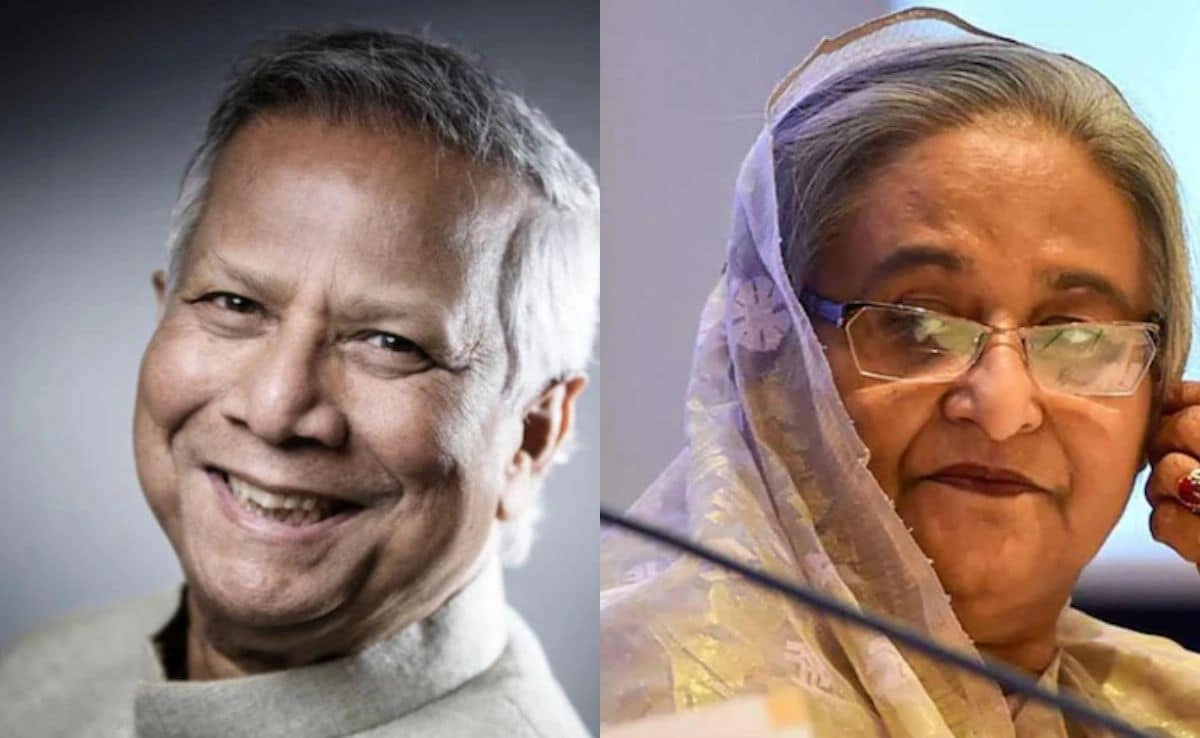In a surprising move that has sent shockwaves through the political landscape of Bangladesh, the government led by Prime Minister Sheikh Hasina’s Awami League has been banned by the newly formed Yunus administration. This decision marks a significant shift in the country’s governance and raises questions about the future of political dynamics in Bangladesh. The Yunus government, which came to power following a contentious election, has positioned itself as a reformist regime, aiming to dismantle what it views as a deeply entrenched political monopoly held by the Awami League. This ban not only impacts the party’s operations but also raises concerns about the implications for democracy and political pluralism in the nation.
The Yunus government’s rationale for the ban centers around allegations of corruption, authoritarianism, and the suppression of dissent during the Awami League’s prolonged tenure. Critics of the Awami League have long accused the party of undermining democratic institutions and silencing opposition voices. By instituting this ban, the Yunus administration is attempting to restore faith in a political system that many citizens feel has been compromised. However, this bold action has also drawn criticism from various quarters, including human rights organizations and international observers, who warn that such measures could lead to political instability and civil unrest.
As the political landscape evolves, the response from Sheikh Hasina and her allies remains to be seen. The Awami League has historically been a dominant force in Bangladeshi politics, and its abrupt exclusion from the political arena could lead to significant backlash from its supporters. Furthermore, this situation poses a challenge for the Yunus government, which must navigate the complexities of maintaining order while implementing its reform agenda. The potential for protests and civil disobedience looms large, as disenfranchised Awami League supporters may mobilize in response to the ban.
The situation in Bangladesh is emblematic of broader trends in global politics, where the balance of power can shift rapidly, often leading to unforeseen consequences. As the Yunus government attempts to chart a new course for the nation, it must also be wary of the risks associated with sidelining a major political party. The future of governance in Bangladesh hinges on the ability of the Yunus administration to foster dialogue, encourage political participation, and uphold democratic principles, ensuring that the voices of all citizens are heard, regardless of their political affiliations.




